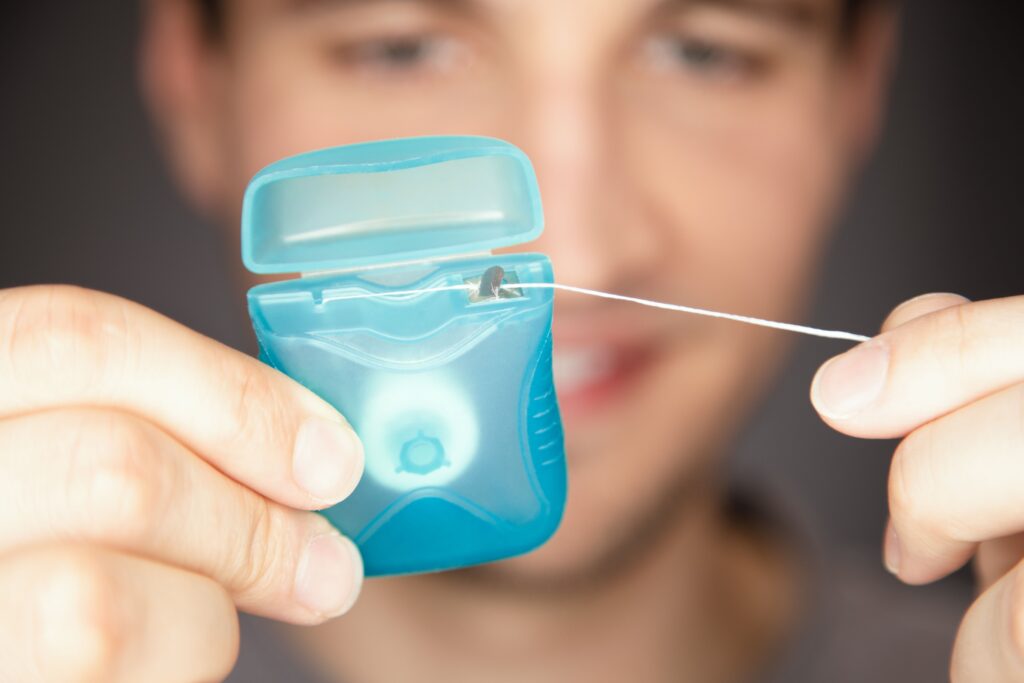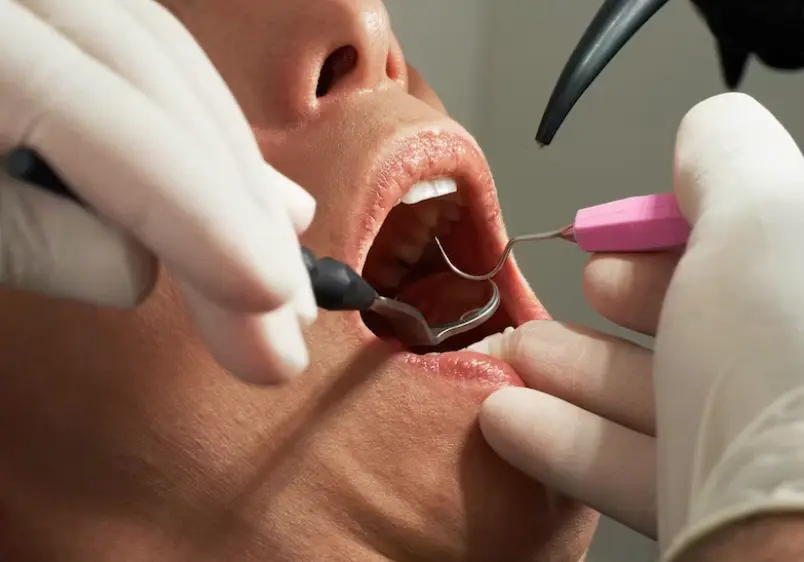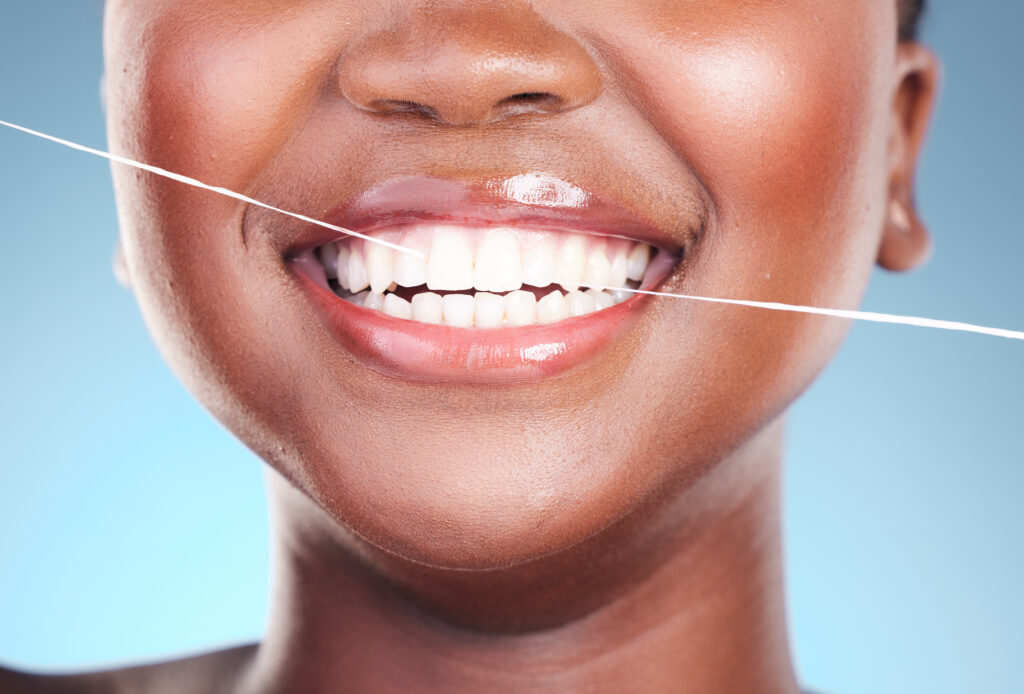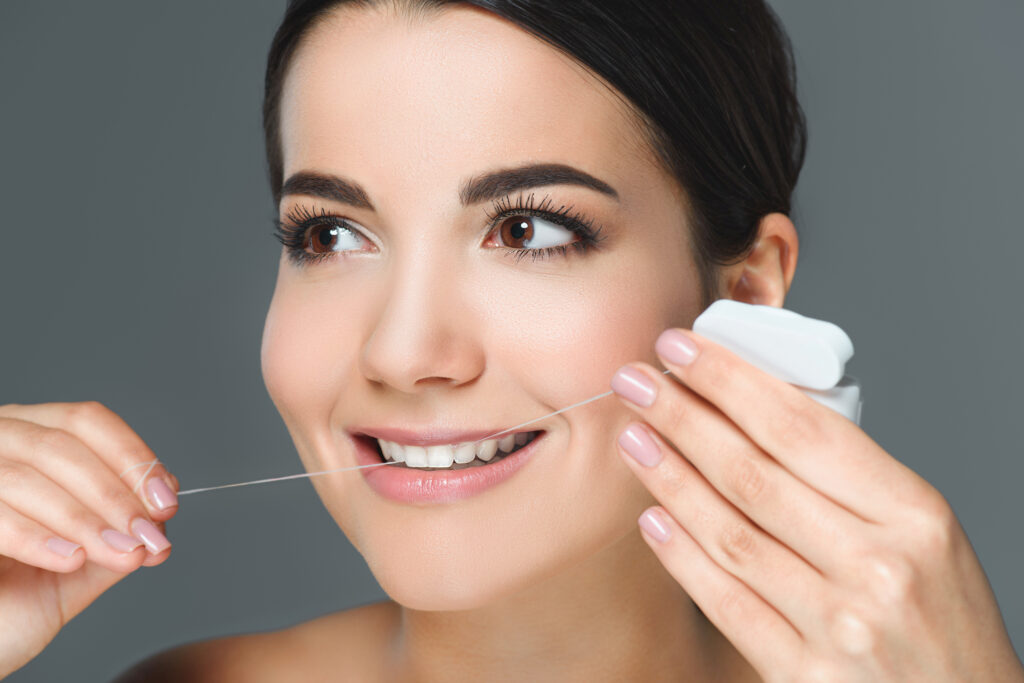Night guards are dental devices that are used to protect the teeth and jaws from clenching and grinding, a condition called bruxism. They are typically made of a custom-fit plastic material and worn at night during sleep.
Bruxism can cause several dental issues, such as tooth wear, jaw pain, and headaches. Night guards can help prevent these issues and improve sleep quality.
The article aims to debunk the common myth that night guards shift teeth and instead provides evidence-based information on the benefits of night guards in preventing teeth shifting.

What Causes Teeth Shifting?
Teeth shifting refers to the movement of teeth from their original position, which can result in bite problems, misalignment, and other dental issues.
There are a few common causes of teeth shifting. These factors can include various things such as age, genetics, trauma, and gum disease.
The Role of Bruxism in Teeth Shifting
Bruxism can put pressure on the teeth, causing them to shift over time. This is why people who grind their teeth are at a higher risk of teeth shifting.
Night Guards and Teeth Shifting
How Night Guards Work
Night guards act as a cushion between the upper and lower teeth, reducing the pressure on the teeth and preventing you from grinding your teeth together.
Benefits of Night Guards
Aside from preventing teeth grinding, night guards can also reduce teeth wear, relieve jaw pain and headaches, and improve sleep quality.
Scientific Evidence of Night Guards Preventing Teeth Shifting
Several studies have shown that a night guard is effective in preventing teeth from shifting in patients with bruxism. A 2018 study published in the Journal of Oral Rehabilitation found that the use of night guards significantly reduced tooth mobility in patients with bruxism.
Misconceptions About Night Guards
One common misconception about night guards is that they are all the same size and shape. However, night guards are custom-made to fit each patient’s unique dental structure and bite.
Another myth is that a night guard can cause teeth to shift. However, this is not true. Night guards are designed to prevent teeth shifting by reducing pressure on the teeth.
Night guards can cause some minor side effects, such as a dry mouth or slight soreness, but they do not cause teeth shifting or any other significant dental issues.
Tips for Choosing the Right Night Guard
It’s essential to consult a dentist before getting a night guard. A dentist can evaluate the patient’s dental condition and recommend the right type of night guard.
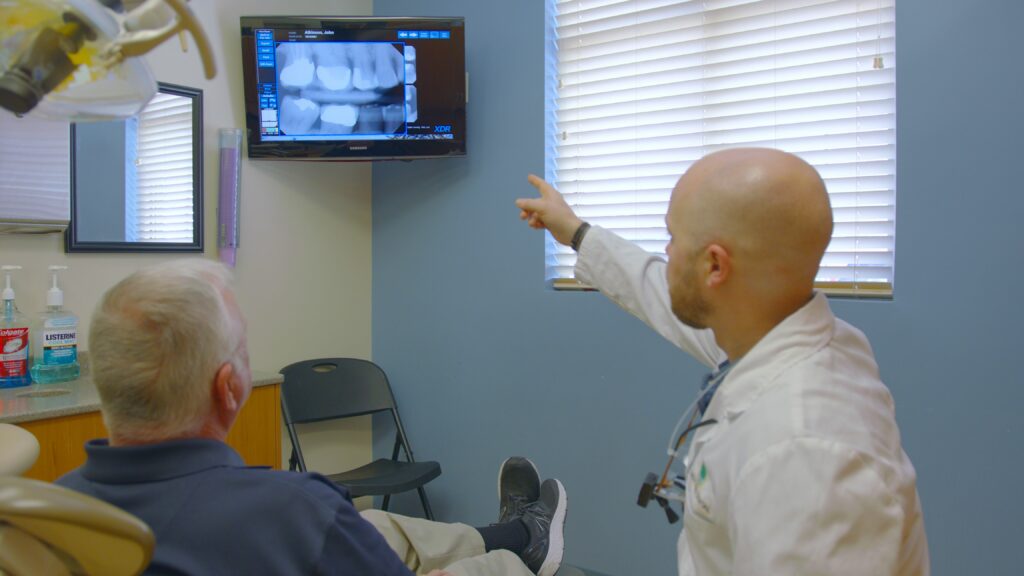
Custom-made night guards are more effective than over-the-counter options. They are designed to fit the patient’s teeth precisely, while over-the-counter options are generic and may not provide sufficient protection.
Factors to Consider When Choosing a Night Guard
Some factors to consider when choosing a night guard include comfort, durability, and cost. Patients should choose a night guard that is comfortable to wear, durable and fits their budget.
Conclusion
Night guards are essential dental devices that can prevent tooth shifting in patients with bruxism. They are custom-made to fit the patient’s teeth precisely, and they do not cause teeth shifting or any other significant dental issues.
While night guards may not be the perfect solution for everyone, they are an effective treatment option for bruxism and its associated dental issues, including teeth shifting. It’s essential for patients to consult their dentist to get a proper diagnosis and the right type of night guard for their condition.
In conclusion, the myth that night guards shift teeth is not true. Instead, they are designed to protect teeth and jaws from the damaging effects of bruxism, which can cause teeth shifting. With the right type of night guard and proper care, patients can prevent dental issues caused by bruxism and maintain a healthy smile.




